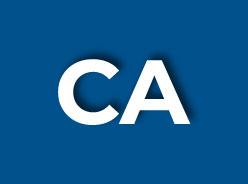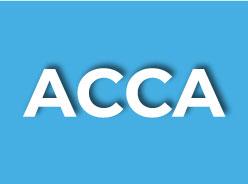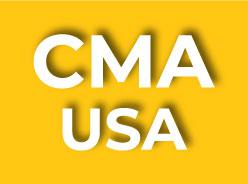So in our previous blog, we had discussed the various options a CA student has once they have completed with the course. Many students are confused as to whether it’s better for them to do a CMA or a CS along with CA. Which is going to give you better benefits in the long run? Since CA in itself is a full-fledged course, will I be able to study CS or CMA along with it? Will it get too complicated? Also, what are the advantages and disadvantages of doing the course?
We are all well aware that finance is one of the booming courses with unlimited possibilities in both India and abroad. Every company no matter how big or small has to track their financial data and has to maintain their books. Finance professionals hold a central role in every organisation.
About ICAI, ICMAI (Cost) and ICSI
CA, CS and CMA are managed by Institute of Chartered Accountants of India (ICAI), Institute of Company Secretaries of India (ICSI) and Institute of Cost Accountant of India ( ICMAI) respectively. All of these institutes are under the jurisdiction of the Ministry of Corporate Affairs. You can know more about the CA course if you click here, more about the CMA course if you click here and more about the CS course if you click here.
What does a CA do?
A CA can practice in the area of Accounting, Corporate Law, Auditing, Taxation and other Corporate Financial areas. The statutory law has made certain audits to be compulsorily done by a CA, such as Company Audits, Bank Audits and Income Tax Audits. After completing the course a CA can start their own firm and can practise in all these areas.
What does a CMA do?
A CMA can practice in Cost Audit, Internal Audits and Corporate Finance. But these CMA practitioners cannot take Company Audits, Bank Audits and Income Tax Audits. So a CA’s job role can cover all those domains more than just Cost Audit.
What does a CS do?
A company secretary can practice in Corporate Laws, Corporate Finance and other Legal Matters. The companies act has made it mandatory for certain companies to provide compliance certification from a Company Secretary in practice. A CS can provide certificates to such companies.
CA with CMA
It is a great option to do your CA along with CMA.
Advantages
- The course subjects are similar
- An additional course is always going to help you
- It easy to manage both the courses as they are very similar in nature
- You could get preference compared to other students with just one qualification
- 70% of the syllabus is similar
CA with CS
CA is a great course to do along with CS.
Advantages
- Corporate companies would require someone with CS and CA as they can manage all aspects
- After the new Companies Acts 2013, there are a lot of changes in the way a company functions, so they would prefer to hire one person with both qualifications rather than two different professionals.
- Students can study about various general, commercial and labour laws when doing CS compared to how a CA would. A CS would focus on polishing professionals knowledgeable about the procedure about the laws while a CA’s curriculum will bring more attention to the essence of the law.
- It will be easier for you to grasp the concepts as many of the topics are overlapping.
So in total CA with CS would give you wider opportunities than CA with CMA would, even though both are very viable options.

 ABOUT LAKSHYA
ABOUT LAKSHYA  WHY CHOOSE LAKSHYA
WHY CHOOSE LAKSHYA  MISSION AND VISION
MISSION AND VISION  CHARTERED ACCOUNTANCY (CA)
CHARTERED ACCOUNTANCY (CA)  ACCA
ACCA  CMA-USA
CMA-USA  RESULTS
RESULTS 


